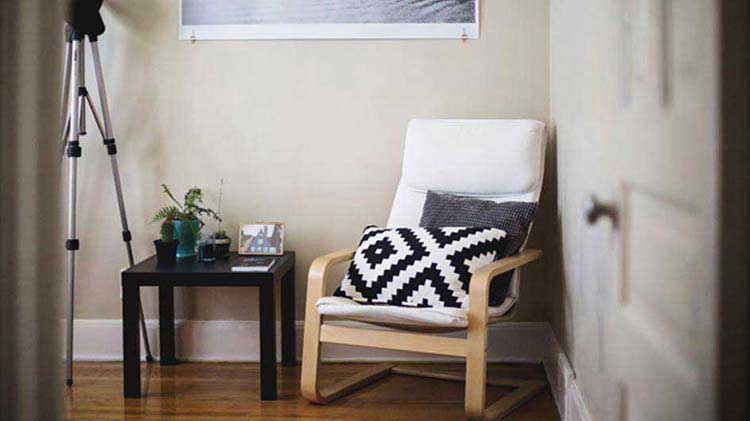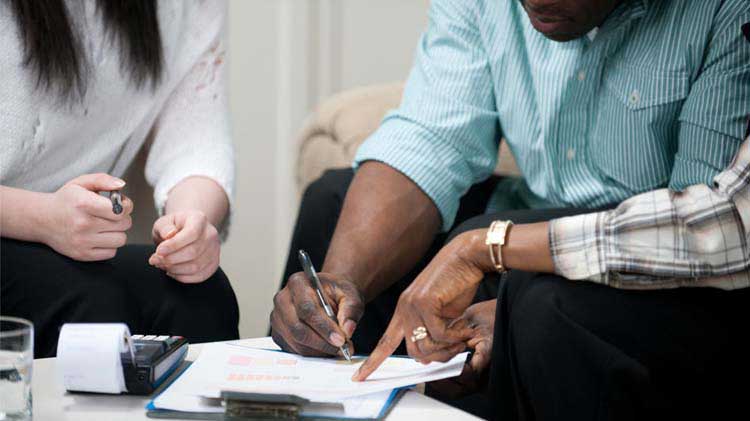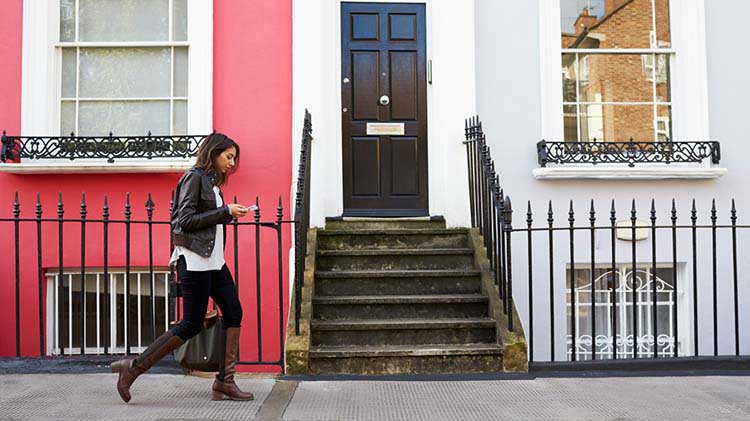How do I know how much renters insurance to buy?
Tips to help choose accurate, appropriate limits for your personal property and liability coverage.
You've followed your rental guide and it's time to move in! Your furniture is in place, the utilities are hooked up and your rental unit is starting to look like a home. And now you might be asking yourself — do I need renters insurance? According to cgaa.org, only 37% of renters have a renters insurance policy.
A renters policy is more important, accessible, and affordable than you might think, and in some cases, renters insurance is required by landlords. But renters are often unclear about what renters insurance is, what it covers and how much they need.
What does renters insurance cover?
In short, renters insurance covers what you own. Most landlord's insurance covers only the building and damages due to negligence. Getting coverage for some of the most common causes of property damage and loss — such as theft, vandalism and fire — is entirely up to you. Without renters insurance, you may have to bear the financial burden of a loss on your own, including the cost of a hotel stay if you cannot live in your apartment while repairs are made due to an insured event.
Get a renters insurance quote
Want to protect your stuff?
Want to help protect your stuff?
Most renters' belongings cost more than they think. Laptops, other electronics, furniture, decorations and clothing can add up very quickly, and probably are not covered by a landlord's policy. If a fire damaged your apartment tomorrow, would you have the cash to replace it all?
Renters insurance also covers much more than just your personal property. The average policy typically includes a minimum of $100,000 in liability coverage. That means in the event of a covered loss, your insurer will help cover the costs if you're held responsible for another person’s injury or damage to their personal property. Moreover, this coverage applies whether the incident occurred within your residence or elsewhere.
How much renters insurance do I need?
Renters insurance is relatively inexpensive. The average renter's policy costs about $15 per month for up to $35,000 in personal property coverage. That's quality coverage for less than the cost of a few cups of coffee a week. Here are some tips to help you determine your insurance needs.
- Complete an inventory of your possessions. Personal property coverage is probably the main reason most purchase a renters policy. The coverage will reimburse you for covered loss, damage or theft of your possessions up to a certain dollar amount. Completing a home inventory is a good way to determine how much property coverage you need. This inventory lists your possessions, along with details about their age, purchase price or current value and other identifying information. While you’re at it, take pictures or a video of your property.
- Check with your insurance agent about discounts. Many insurers offer significant discounts if you buy and bundle more than one policy with their company. For renters, this usually means purchasing auto insurance with a renter’s policy. But life, business and other plans may also qualify.
- Choose the right deductible. Deductible is the amount of a covered loss that you pay out of your pocket. In other words, it's the amount "deducted" from any payout by your insurer. For example, if a fire causes $1,500 in insured damage to your personal property and your deductible is $500, your insurer will pay you $1,000. Your renter’s insurance premiums will reflect the deductibles you agree to pay. Lower deductibles mean higher premiums; higher deductibles mean lower premiums. Keep in mind that an insurer will not reimburse you for a loss amount that is lower than the deductible. This means if your deductible is $2,000 and you suffer $1,750 in losses, then you are entirely responsible for those costs, even if the cause of the loss is covered by your policy. When choosing a deductible, think carefully about the out-of-pocket costs that you are willing and able, to pay. A disciplined saver may be able to offset the greater risk of a high deductible with cash reserves. Others, however, will have to balance the benefit of a higher deductible against the risk of greater out-of-pocket expenses.
- Assess your liability. Your renters policy's liability coverage may protect you if someone injures themselves in your home. It may also protect you in case you accidentally cause damage to others' property. Some policies will pay for defense and court costs in addition to settlement costs. The typical renter’s insurance policy offers $100,000 in liability coverage. For renters, this amount is often sufficient. However, if you entertain company frequently at your home or if your assets exceed your limit, you should consider a coverage amount equal to at least the total value of your assets.
- Supplement coverage if necessary. Keep in mind that your policy will exclude certain perils (such as earthquake and flood losses), limit coverage on some items (such as computers, firearms and silverware) and might not cover a business in your home. If you have special insurance needs, talk to your agent about extending limits or adding separate policies.
And finally, where your apartment is located will play an important role in determining your renter’s insurance rates. Prices will vary based on your state, city and neighborhood. Safer locations might mean lower rates, so renting in a low-crime area near a fire station might save you money. Your rates will also reflect the safety of the rental property itself. For example, an older, unrenovated building might have a higher risk of electrical and plumbing issues, and that can mean higher rates. Fortunately, steps as simple as having fire safety equipment like a smoke detector or a fire extinguisher in your apartment may mean real savings, even if you rent an older property.




